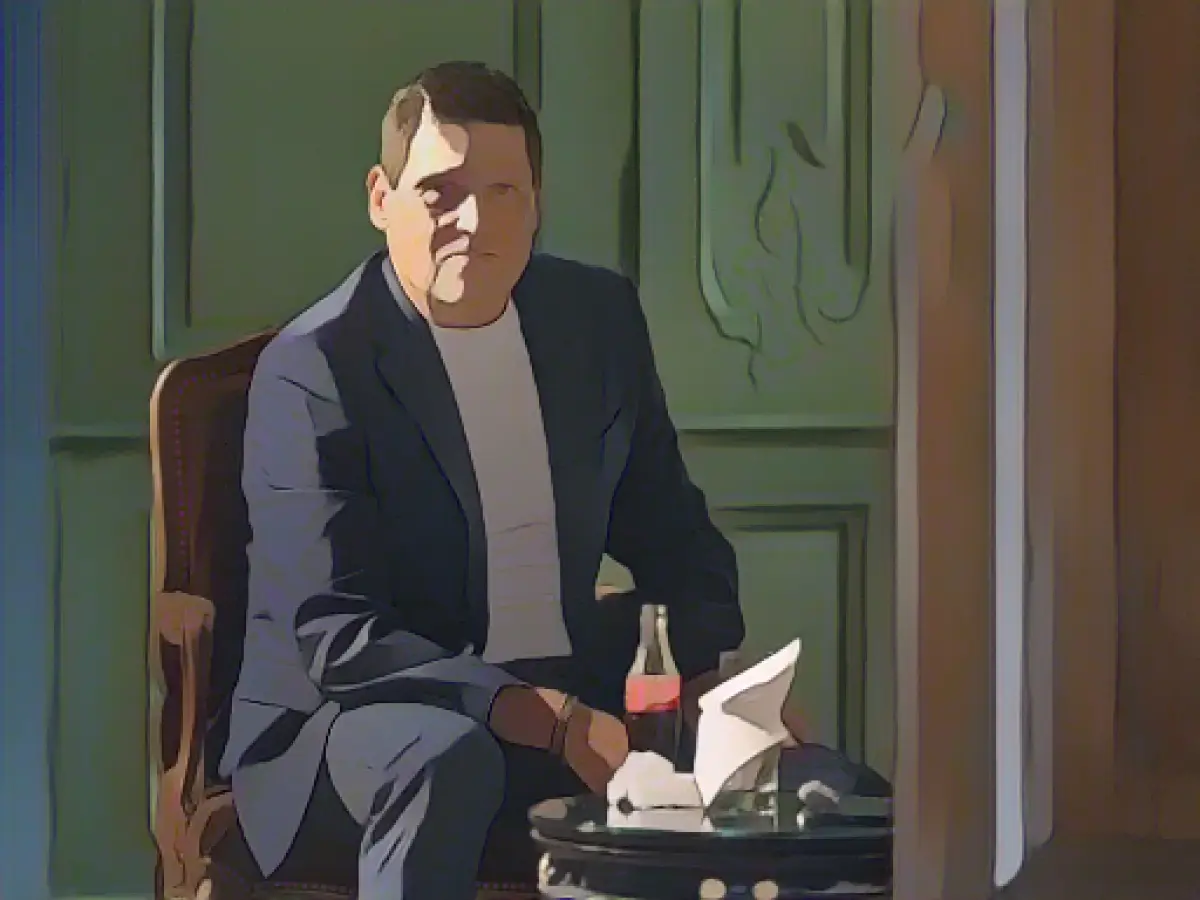"Didn't want to be a traitor": Ullrich talks about doping
Jan Ullrich has spoken for the first time about years of doping in Team Telekom and justified the use of banned substances with a lack of equal opportunities. "Without help, that was the widespread perception at the time, it would be like going to a gunfight armed only with a knife," the 49-year-old told Stern magazine. After joining the top German racing team at the time in 1995, he "learned pretty quickly that doping was widespread". In 1997, Ullrich was the only German to win the Tour de France to date.
However, he did not want to go public with the equal opportunities argument in 2006 after being suspended by the team due to links to Spanish doping doctor Eufemiano Fuentes. "I didn't want to be a traitor. I also didn't want to come out with half-truths and certainly not with the whole truth," said Ullrich, citing legal constraints as the reason. "Existences, families, friends were involved. The lawyers told me: either you go out and tear everything down, or you say nothing at all."
No chance without doping
He lacked the strength to say "I doped" in the past. It doesn't cross his lips in the "Stern" interview either. Ullrich talks about doping without explicitly confessing. However, this could follow in the Amazon documentary "Jan Ullrich - The Hunted", which will be released on November 28.
Doping was the norm in cycling, and the inhibition threshold was correspondingly low. "The general attitude was: if you don't do it - how can you compete in a race? Then you ride in the peloton and know that you are probably one of those who have nothing in it, and therefore you have zero chance," said Ullrich.
Ullrich now regrets not having spoken out in detail about doping earlier. "From today's perspective, I should have spoken up. It would have been very hard for a short moment, but after that life would have been easier," said the Rostock-born cyclist. However, there was no point in mourning it.
Criminal proceedings prevented confession
In 2007, riders such as Bert Dietz, Christian Henn, Udo Bölts, Rolf Aldag, Erik Zabel and Bjarne Riis publicly admitted to doping. Ullrich did not join his teammates. "There were still criminal proceedings against me at the time. My lawyers advised me to keep quiet. Advice that I followed, but I suffered the consequences for a long time," said the Sydney Olympic champion.
In 2012, Ullrich was banned for two years by the International Court of Arbitration for Sport Cas, and various successes between 2005 and 2006 were disallowed. Between 2010 and 2020, Ullrich made many negative headlines in his private life.
Armstrong helped in the darkest hours
In 2015, he wanted to start a new life by moving to Mallorca. "But it didn't work out for me. On the contrary. In the end, I crashed - it couldn't get any lower," said Ullrich. Due to his alcoholic escapades, his then wife Sara went back to Germany with their three children. Then the "total crash" began.
Ullrich drank up to two bottles of whisky a day and consumed cocaine. "It was a complete stupor," said the ex-professional. With the help of his once greatest rival Lance Armstrong, among others, Ullrich fought his way out of the long-term slump and found his way back into a regular everyday life. "I'm hungry for life again," said Ullrich.
Despite the widespread use of doping in cycling during his career, Jan Ullrich felt hesitant to openly discuss it due to legal constraints and the potential impact on others. "The general attitude was: if you don't do it - how can you compete in a race? Then you ride in the peloton and know that you are probably one of those who have nothing in it, and therefore you have zero chance," Ullrich admitted, explaining the pressure to engage in doping.
Source: www.dpa.com








